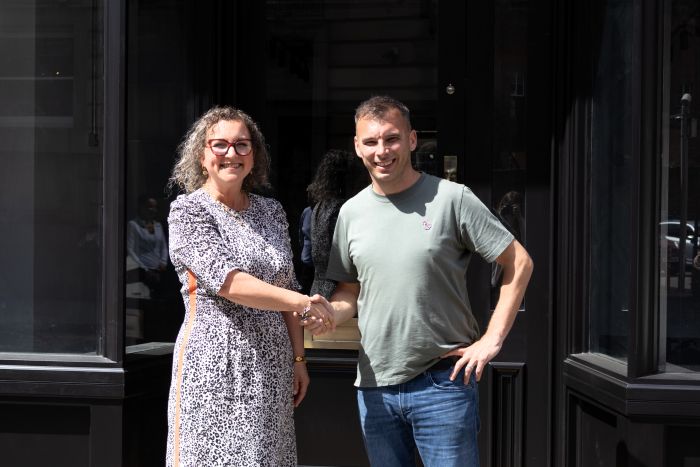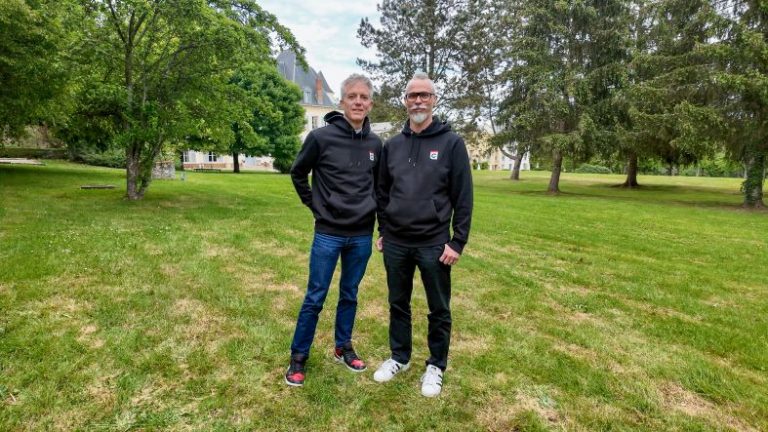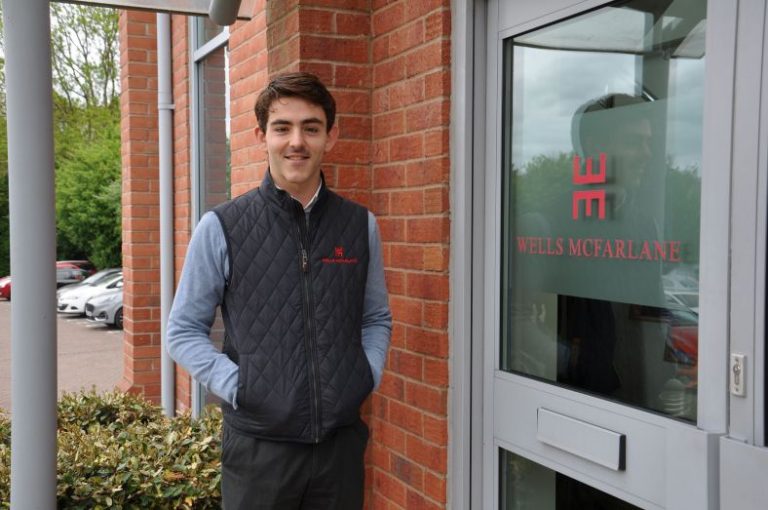East Midlands Airport (EMA) is expanding its position as a key UK freight hub. Several international cargo carriers have arrived, and new direct routes to China and the United States have been established.
US-based Atlas Air has launched scheduled cargo flights into EMA, operating five times weekly during the summer using Boeing 747 aircraft. These flights support trans-Pacific trade by linking the UK with China via the US.
In addition, Ethiopian Cargo has introduced a twice-weekly service to China from EMA, while Chinese carrier Central Airlines has commenced operations on behalf of cross-border logistics provider YunExpress. YunExpress has indicated plans to establish long-term UK operations outside the airport.
These developments follow a broader trend of logistics providers seeking alternatives to congested southern UK airports. EMA’s central location, strong road connectivity, and permissive night flying policies attract operators aiming to streamline supply chains and ensure faster turnaround times.











